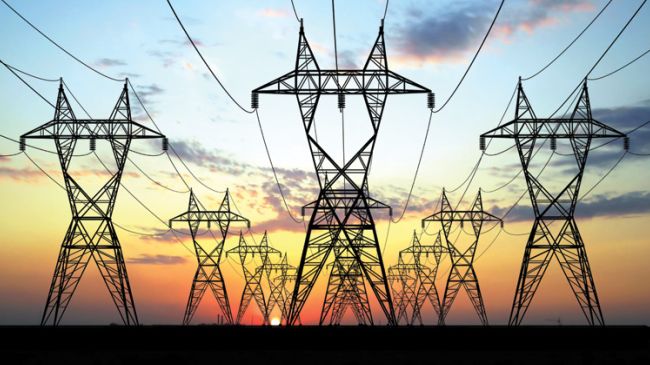In the wake of a shortage of cash, struggling to keep the budget deficit target of 3.8 pc, the government seems to be showing resistance to pay back the dues of independent power producers (IPPs) with the circular debt mounting to an amount of over Rs250b, media sources have reported.
A letter sent to 13 IPPs that had invoked sovereign guarantees on March 2 in an attempt to make partial recovery of their outstanding dues totalling Rs48bn, is reported to have been rejected by the Private Power Infrastructure Board (PPIB).Moreover, the board has also issued legal notices to the companies who are alleged of running ‘false and malicious advertisement campaign against the government in newspapers.’
As per the government records, an amount of Rs253bn is owed to the IPPs. However, the IPPs claim that the unpaid amount has surged to an amount of Rs414bn taking into account the outstanding amount of the public sector companies.
The PPIB addressed the power companies in a meeting on March 10 after receiving notices from the producers resorting to invoking sovereign guarantees to recover payments. The board assured the IPPs that the matter would be resolved through dialogue. However, the board sent letters to the IPPs’ rejecting their call to invoke sovereign guarantees and also called off the second meeting with the producers.
Explaining the reasons for rejection of the IPPs’ notices, the board stated in the letter that the power companies were not in compliance with the laid down procedures prescribed in the power purchase agreement for making such a demand.
The letter further added that the government might initiate legal proceedings (civil and criminal) against the power producers for running the “illegal and malicious advertisement campaign” unless they denounced the contents of the advertisements, tendered an unconditional written apology and refrained from any such libellous and disparaging statements”.
Simultaneously, the Central Power Purchasing Agency (CPPA) has “disputed” all the invoices raised by the IPPs, claiming that the companies were in default of their obligation of ‘maintaining fuel stock at full load operations for 30 days at all times’ under the power purchase agreements.
The CPPA alleges that the IPPs have been raising their monthly invoices and demanding full tariff without maintaining fuel stock of 30 days. Thus, it adds, the IPPs have unjustly enriched themselves by receiving excess payment/amounts on account of working capital (included in their tariffs) required for the fuel stock.
“… as a result of this the IPPs have received payments which were not legal and contractually due and payable to them, and as a consequence a wrongful call upon the government guarantee has been made owing to delay in (their) payments by the power purchaser,” argues a letter sent by the CPPA to the power producers.
The IPPs, however, contended that the PPIB’s rejection of allowing invoking of sovereign guarantee is unjustified as the producers called the guarantees in accordance with the laid down rules, and the board’s rejection of their notices shows the government’s mala fide intentions.
The IPPS are now in the process of replying to the letters issued by the PPIB and will be drafting new letters to place a demand for their outstanding debts. As many as four power companies have already issued letters making a fresh demand for their outstanding bills amounting to around Rs6b under the guarantee. More companies will follow suit.
The CEO of a power company is reported to have said that the government is resorting to coercive measures to further delay the payments and it is apparent that the companies seem to be drawn into a legal battle with the government. He further stated that the case may be taken to international courts for recovery of their money.




